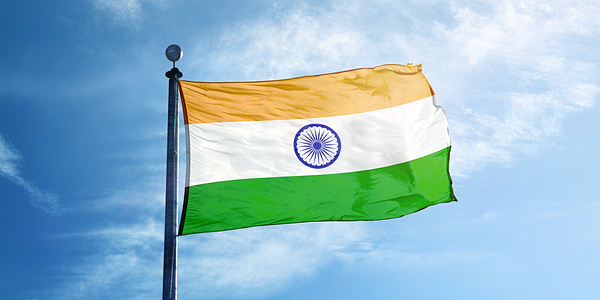The H1B visa program that allows foreign non-residents to accept employment in the US is open to all nationalities and specialized occupations. Despite this fact, the country of India continues to be the main beneficiary of this non-immigrant work visa program.
Fast Facts: Indian H1B Visas
- So far in 2016, Indians have received 72% of all H1B visas issued worldwide (which would include transfers and extensions)
- Last year, The US issued over 1 million visas of all types to Indian nationals.
- The main opposition to a recent fee hike for H1B visas was from the Indian government and business-interest groups.
- Despite complaints about the new fees, there has been no decrease in H1B visa applications from India.
- Most H1B visa sponsors for Indian workers are IT companies that need the specialized skills unique to that country.
- Of the 85,000 H1B visas issued last year, 16,000 went to only four IT Indian outsourcing companies. Under the new fee structure, their shared H1B visa cost will now be over $160 million.
New Higher Fees, But the Applications Continue Unabated
There was some outcry earlier this year from India when the US increased the H1B visa fees for companies that utilize Indian workers for over 50% of their workforce. Most of these companies are in the IT industry, and possibly the Indian government thought the fee increase would either limit hiring of Indian IT workers or the cost would be unfairly passed on to the new foreign employee.
The US ignored these complaints and stuck by the new fees, which can now total up to $10,000 per H1B visa. The fees were not specifically targeted at India, but as the largest recipient of visas it was going to feel the effect of the higher visa cost. However, to date it seems that the fee increase has had little effect on the number of petitions or visas awarded.
Are Indian IT Workers Replacing US Workers?
One criticism of the H1B visa program is that it allows foreign workers to replace US citizens who could do the same job. The typical response to this claim is that one requirement for approval of an H1B visa petition is a demonstration that the position cant be filled by a US worker.
However, there is a caveat: this requirement is waived for any position with a salary over $60,000. Most IT positions will have a salary well above this amount, which means that an Indian IT worker can be selected even if a qualified US worker also applies or is eligible.
This loophole allows large IT outsourcing firms such as Infosys to bring in Indian IT workers who may then be assigned to other companies as “consultants” for any period of time. 16,000 of the 85,000 H1B visas issued last year went to just four companies, even though there were over 10,000 companies that sponsored the total number of visas.
These Indian-based IT companies may have been the source of opposition to the new fees, since they will now foot a shared bill of $160 million just for H1B visa fees. That is a staggering figure, but underscores how important Indian nationals are to their business plans.
Based on these numbers there is no doubt that a very narrow business sector benefits from the H1B visa program, and most of the workers hired are from India. This is good news for Indian IT workers with the right skill set, but does put other occupations at a disadvantage since the popularity of the program means that only one in four petitions will make through the lottery and obtain a visa.
If you are a foreign national and have questions about the H1B visa program please contact us for more information.
- October 24th, 2016
- 2

Looking for a job in US but it should be exempt from h1 cap. I am a British passport holder and have an MBA from U.K with 14 years of experience.
Am diploma electrical engineer
i havr singapoer too yeard job exp and now india job exp